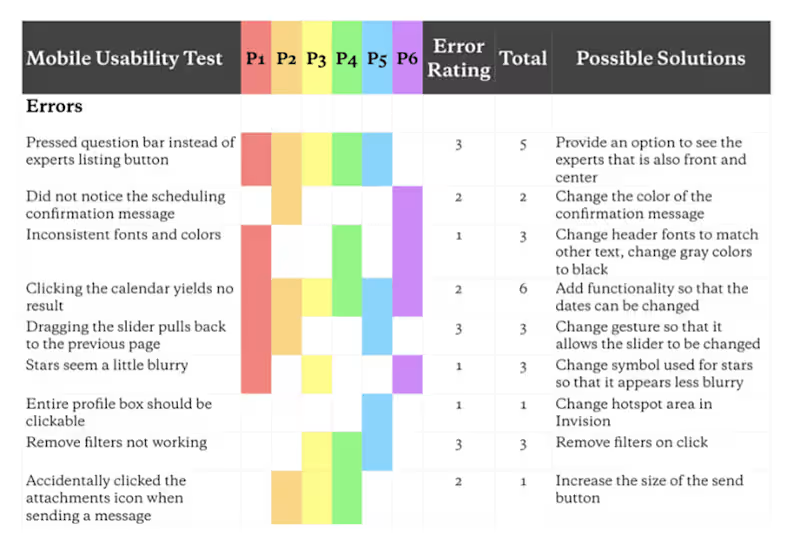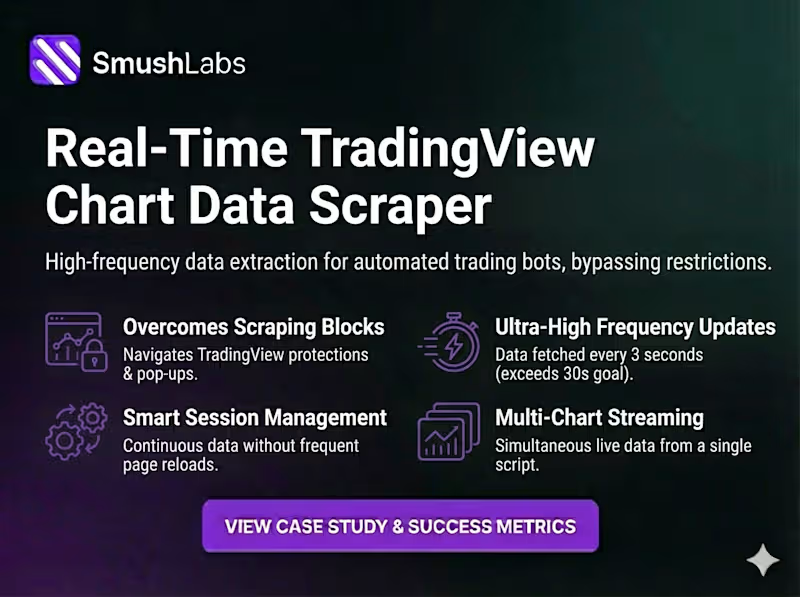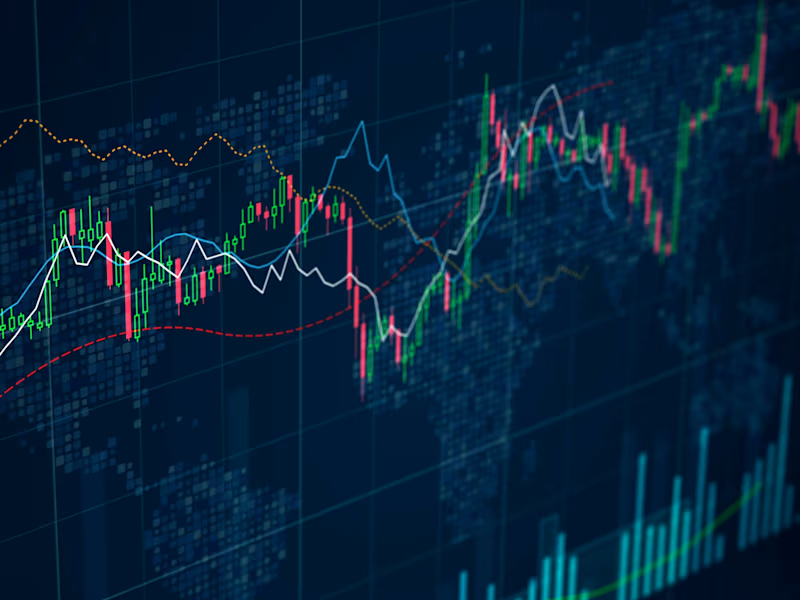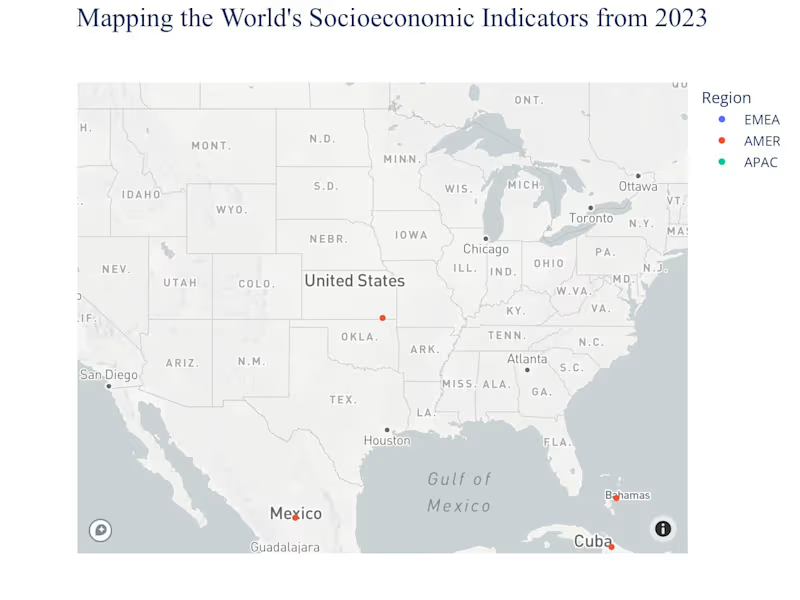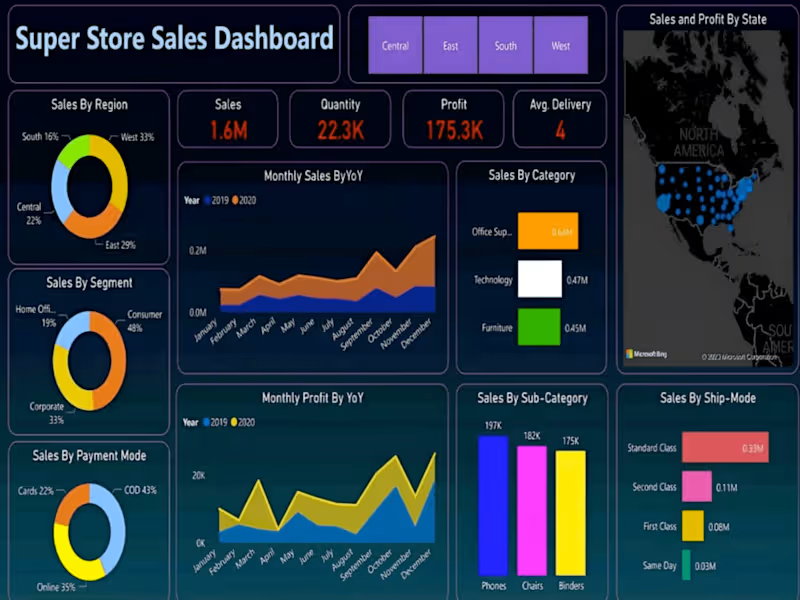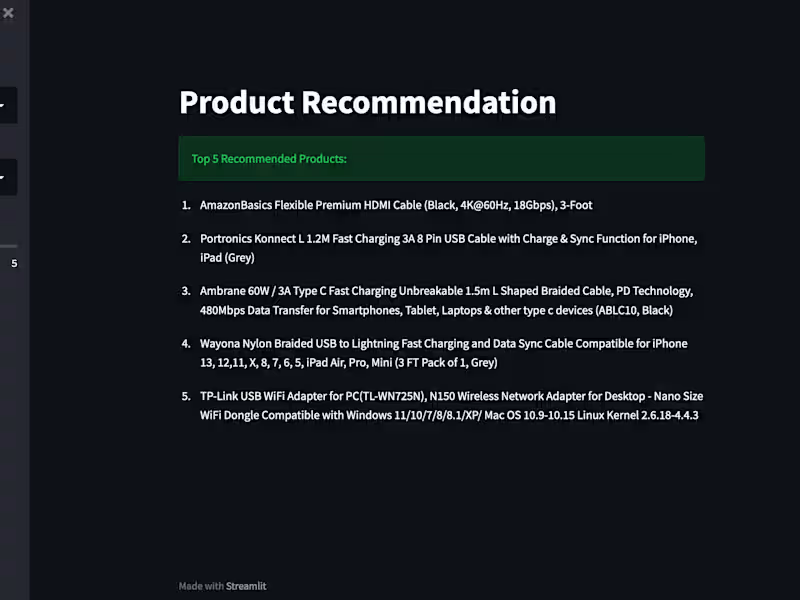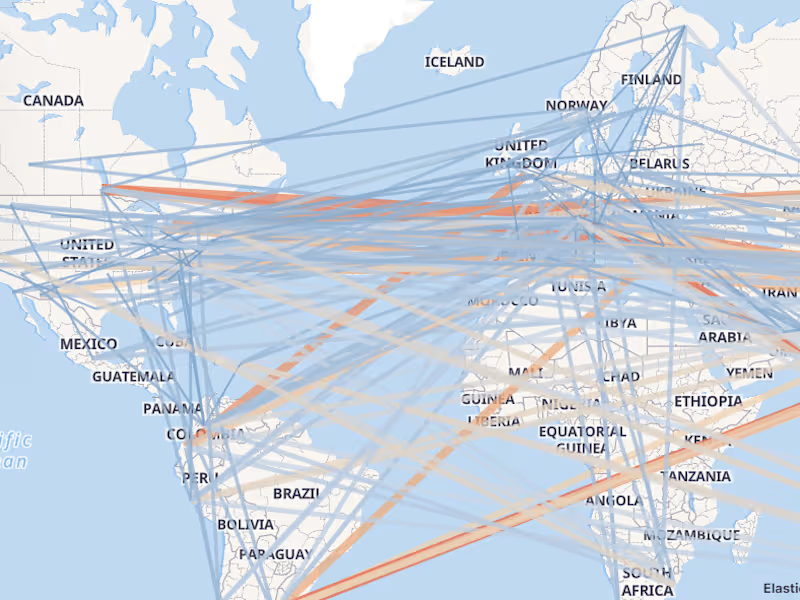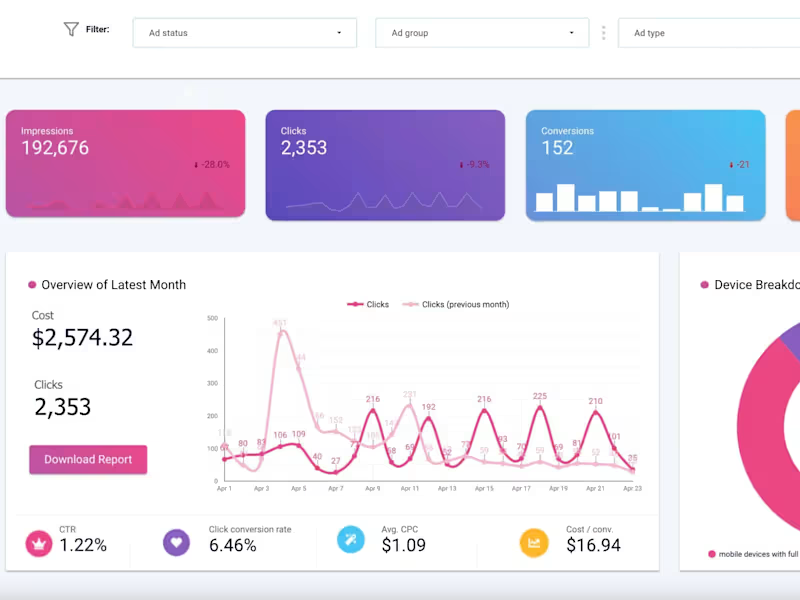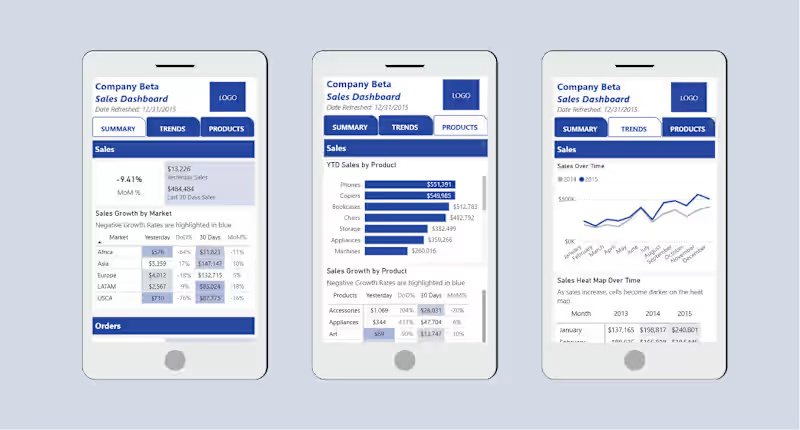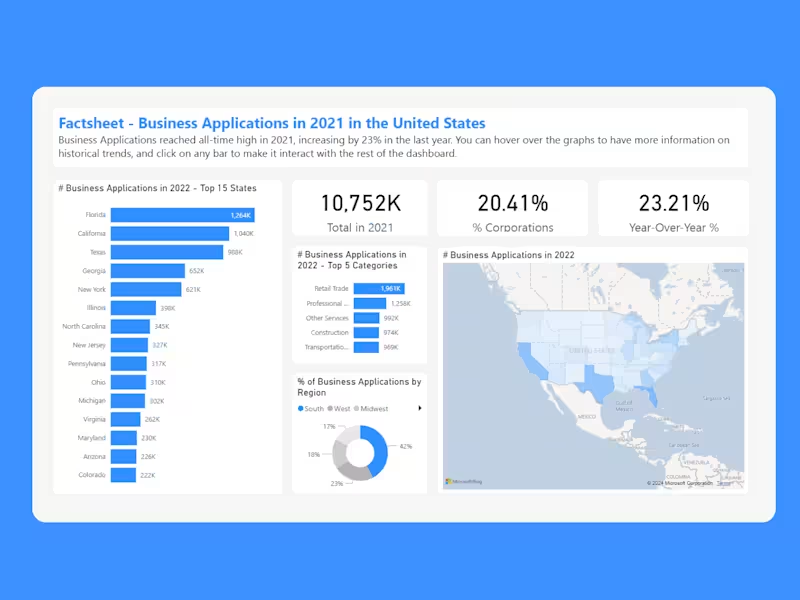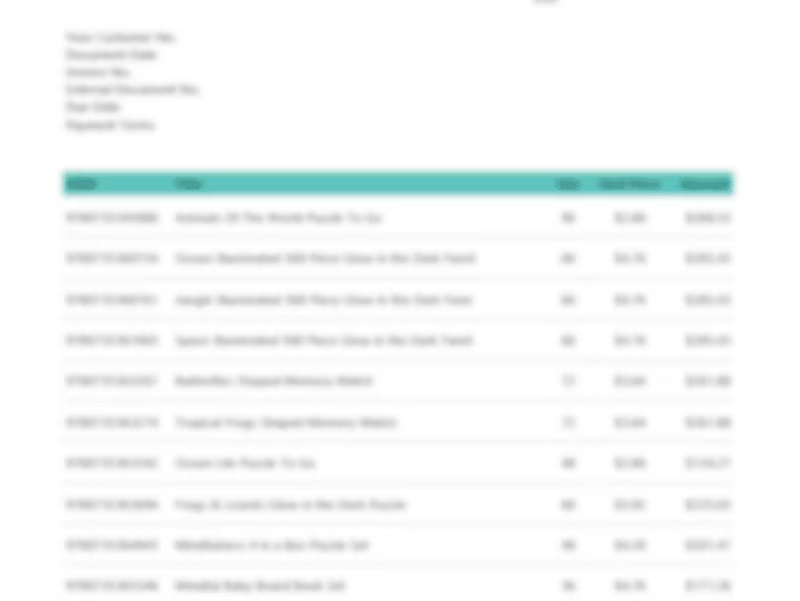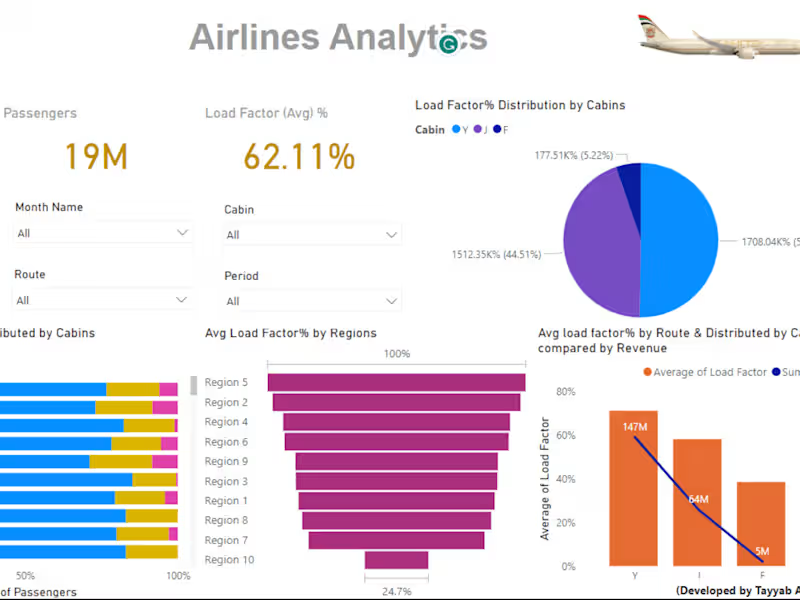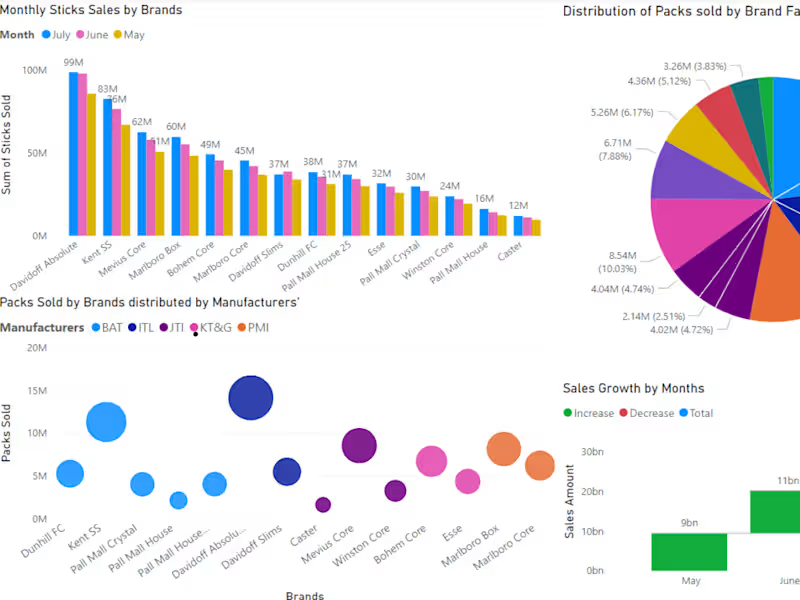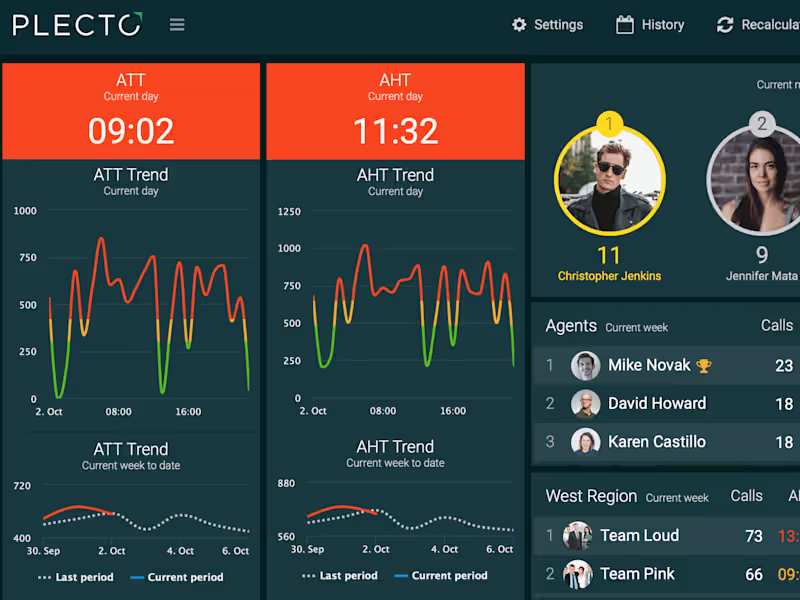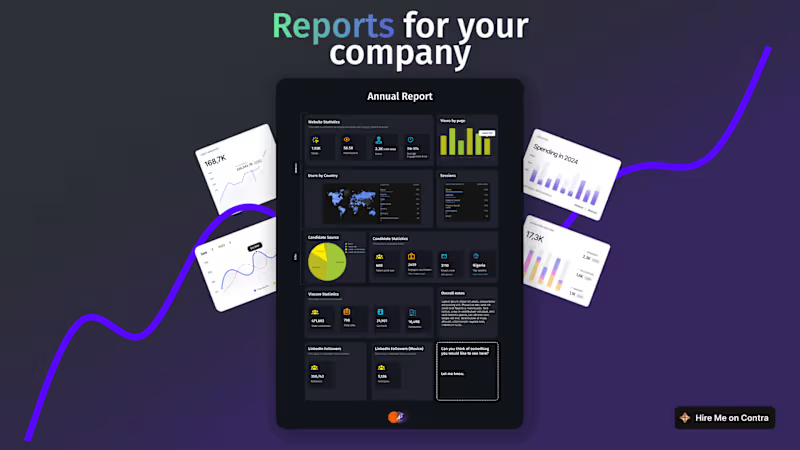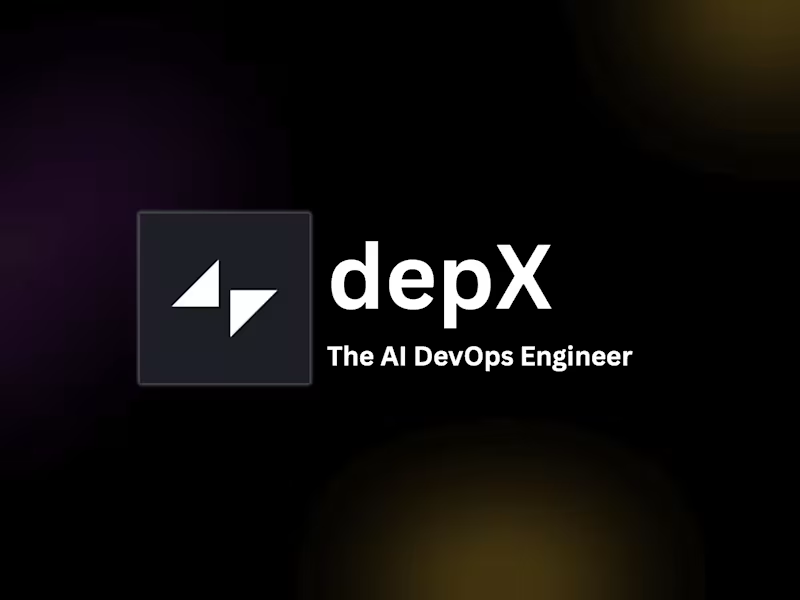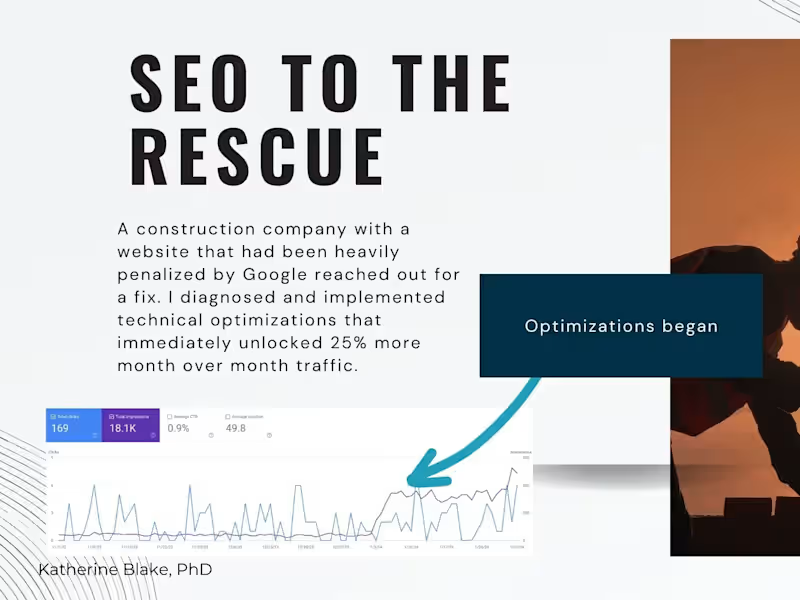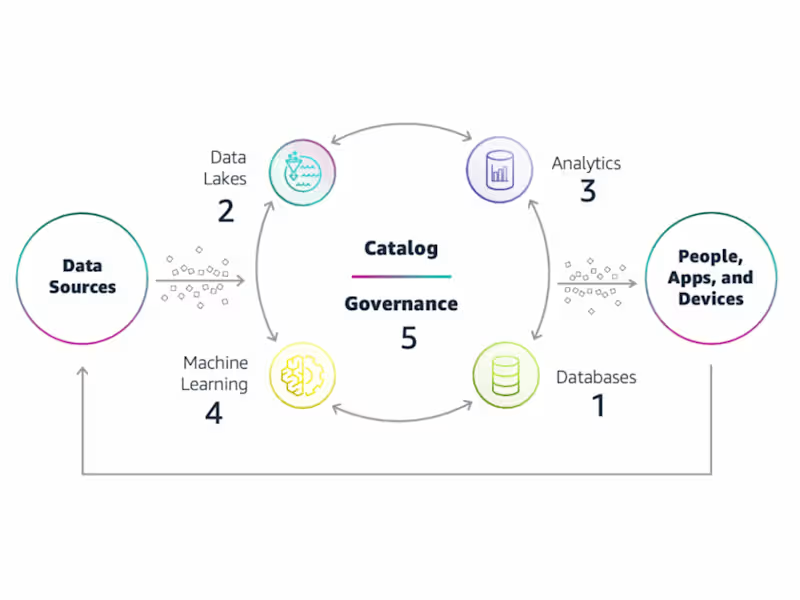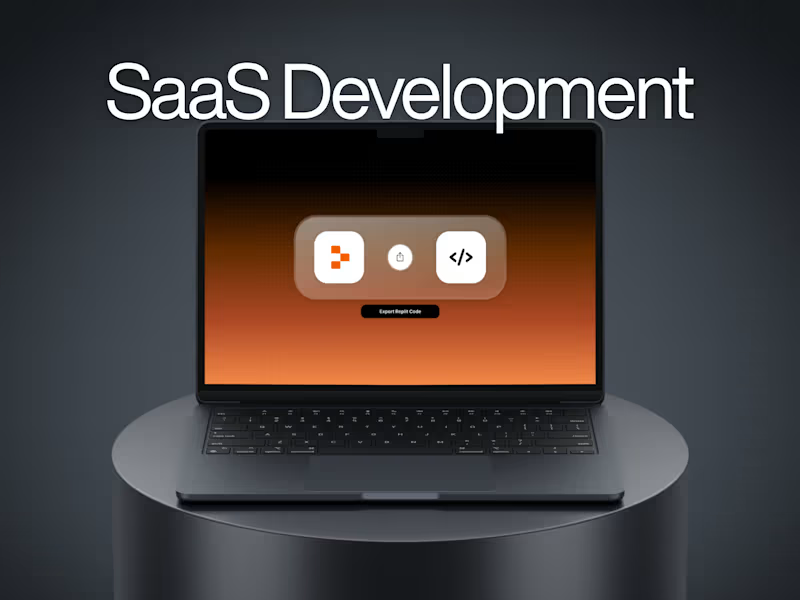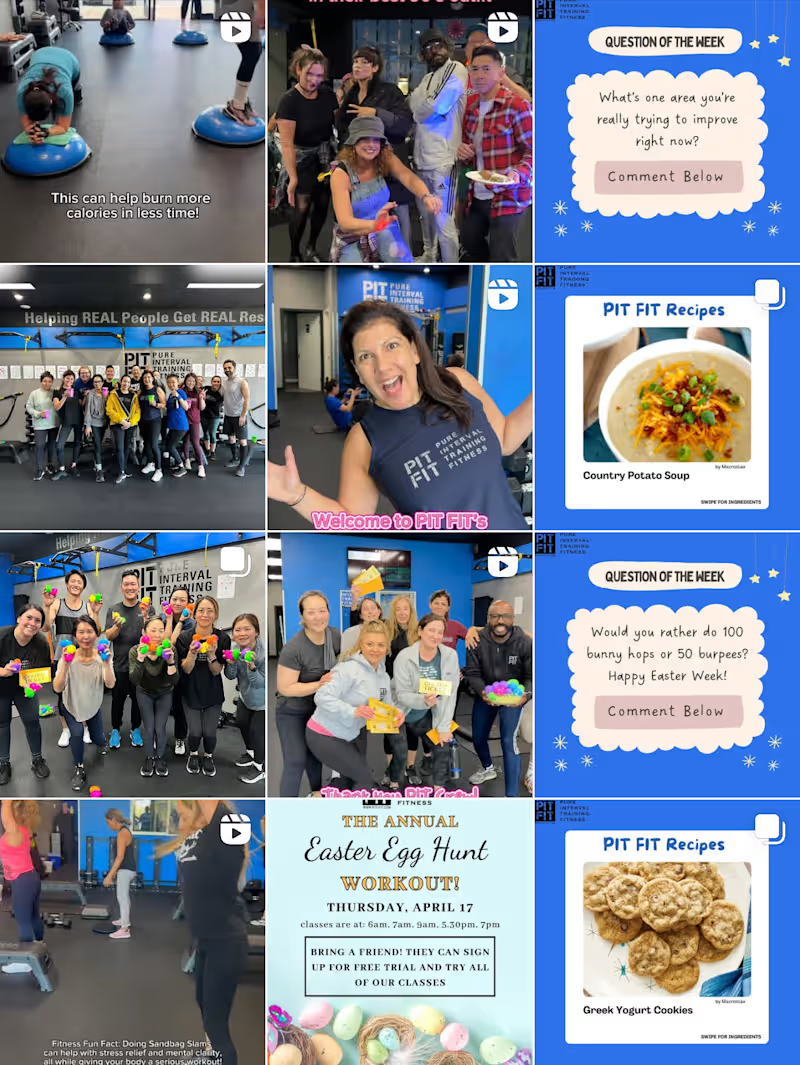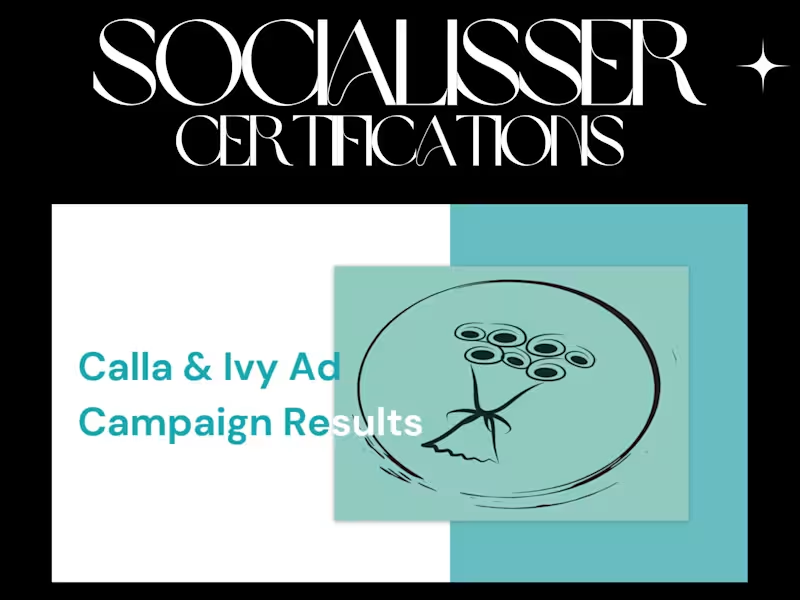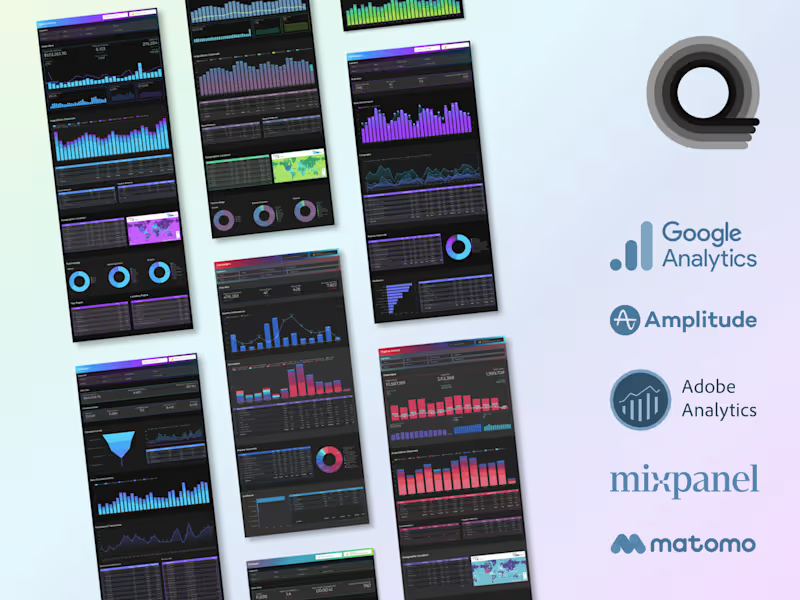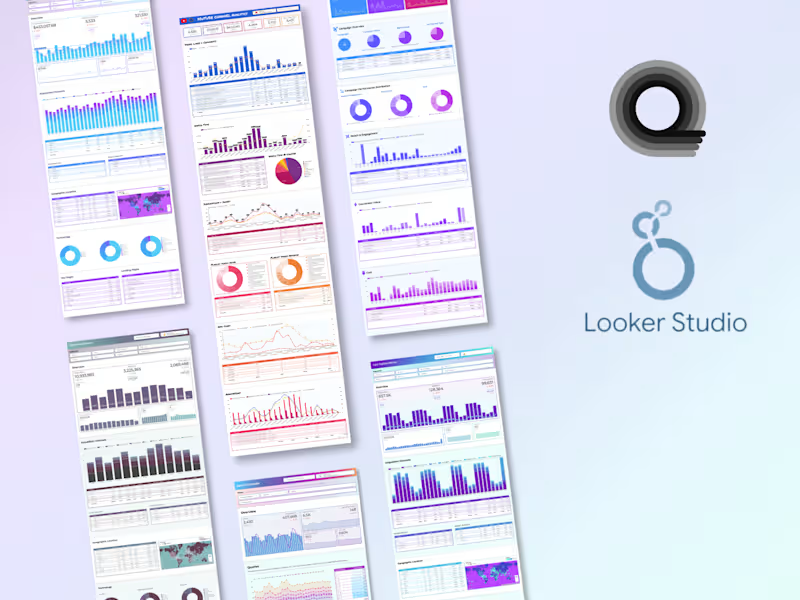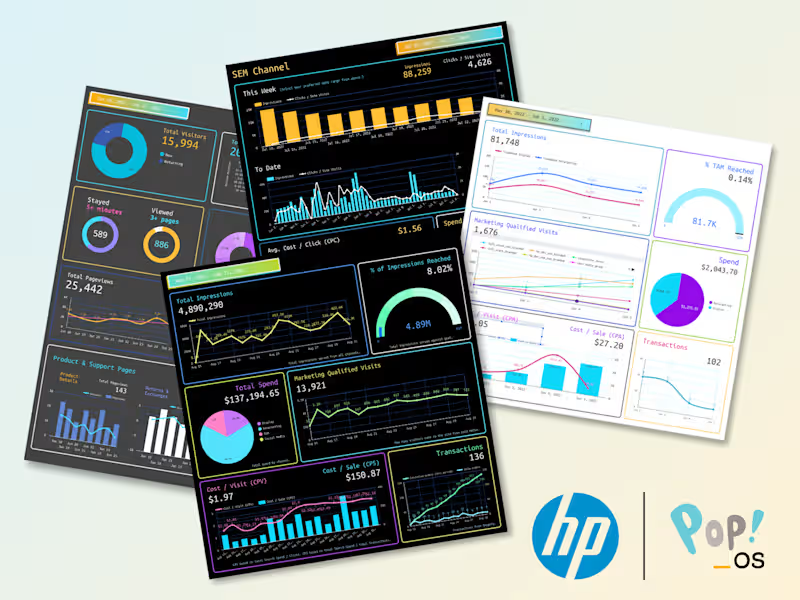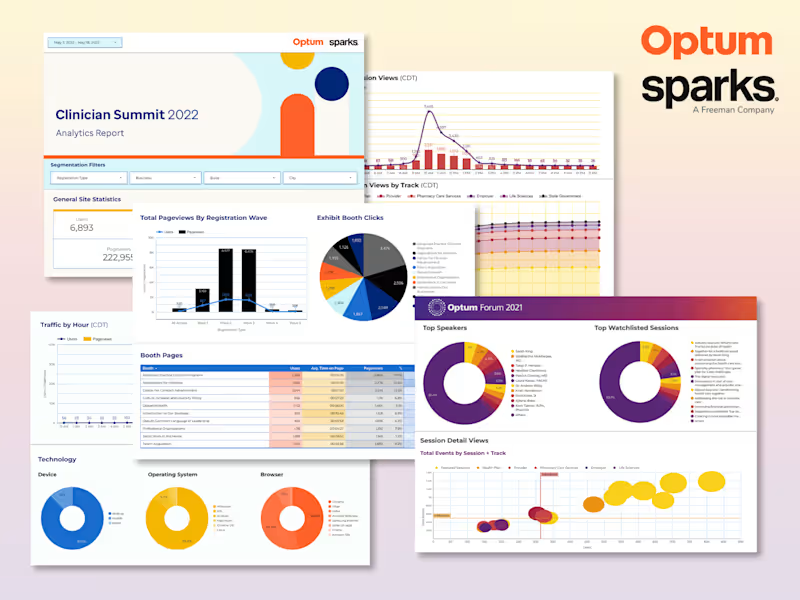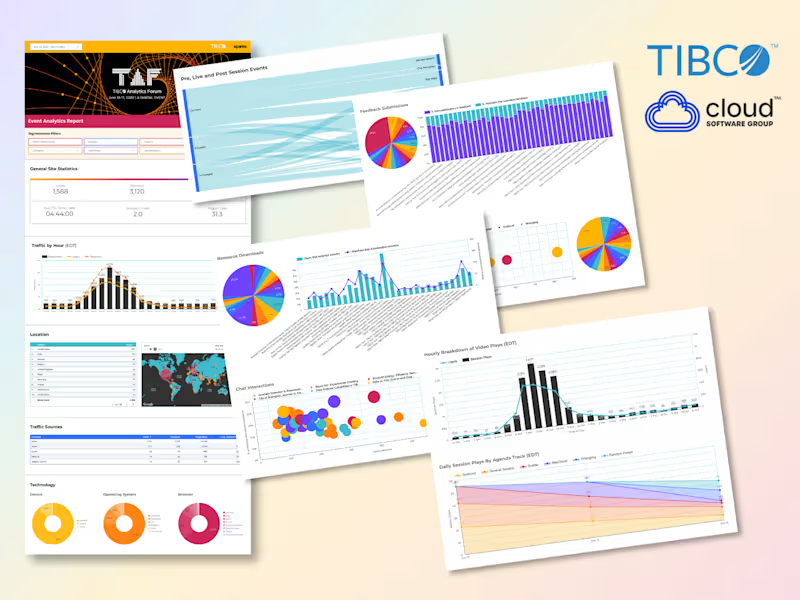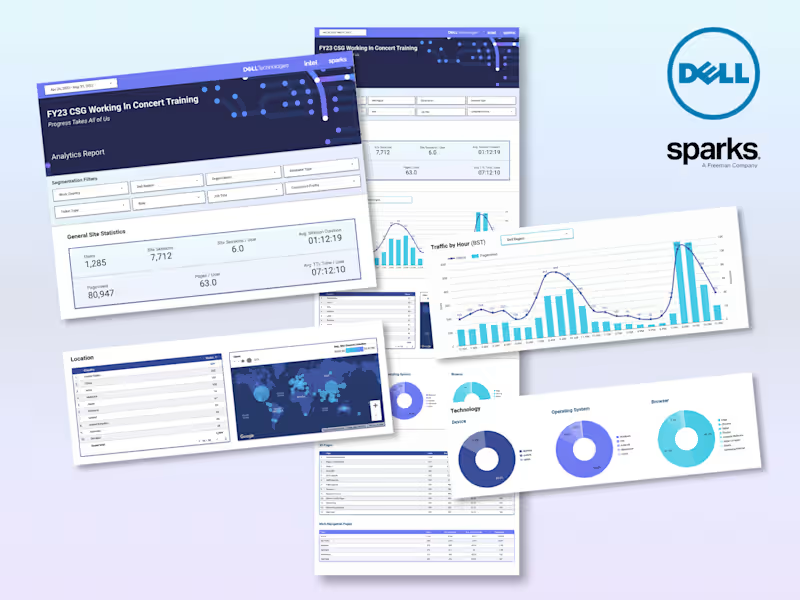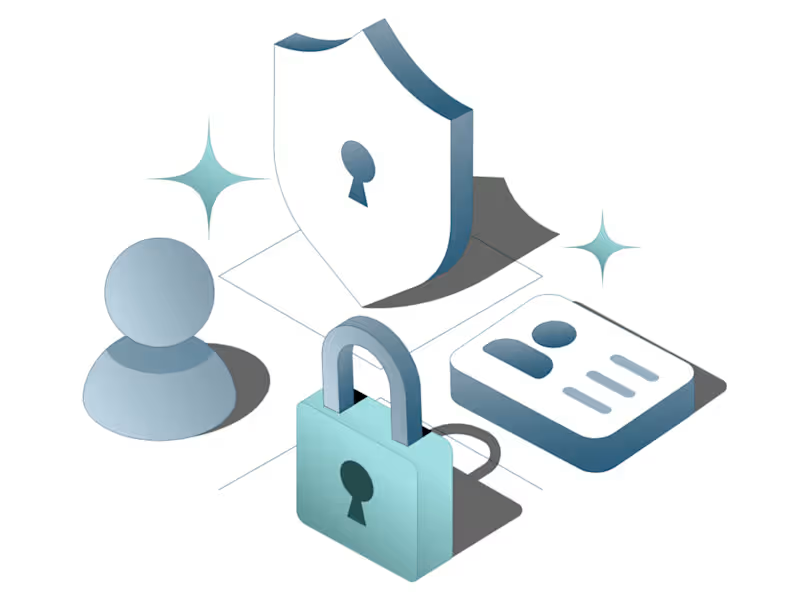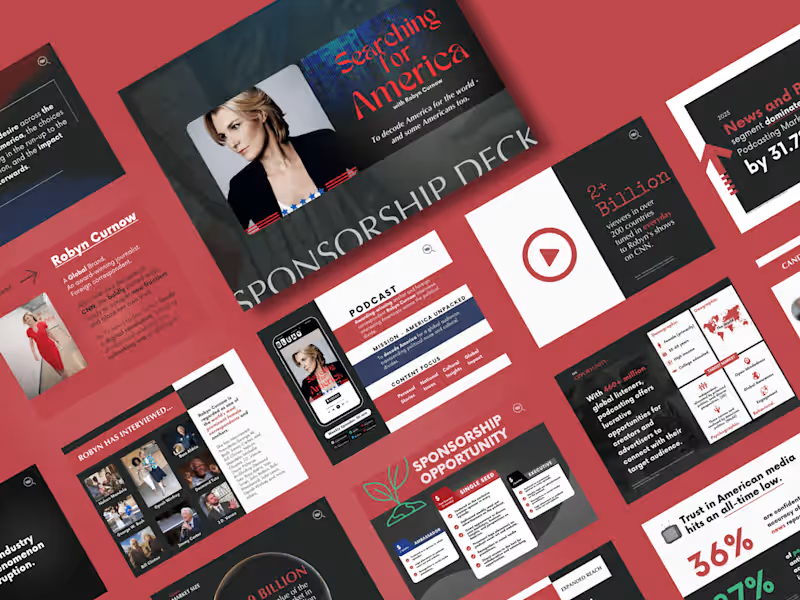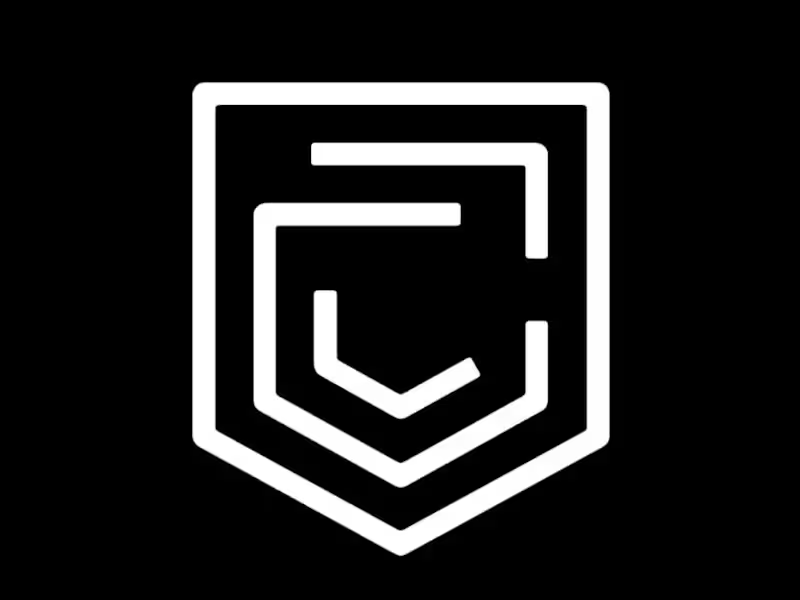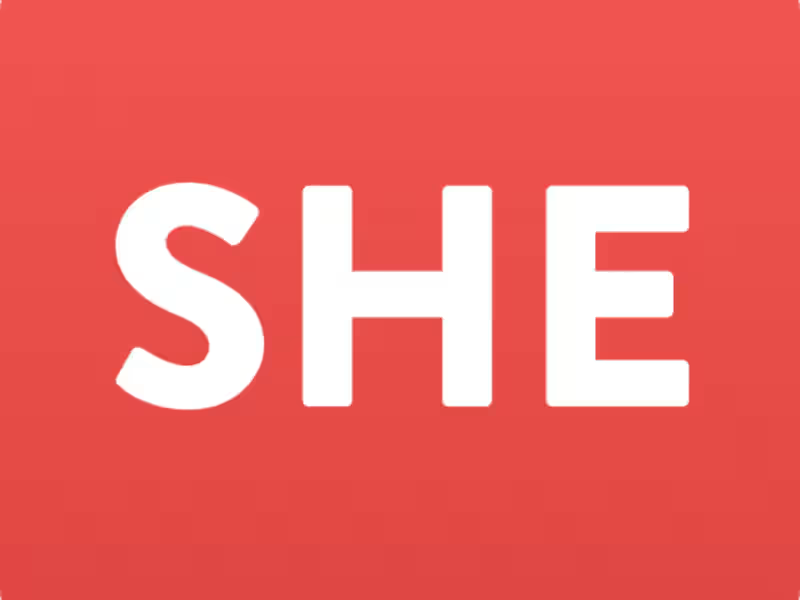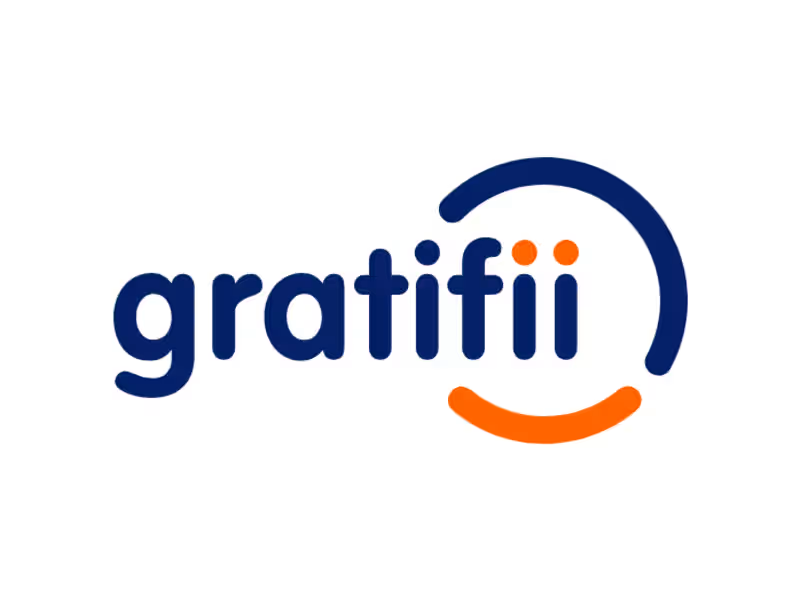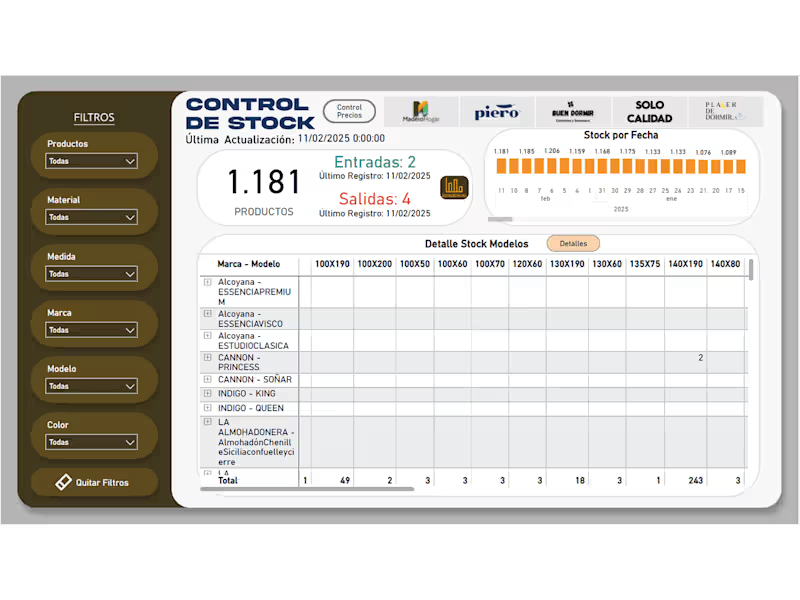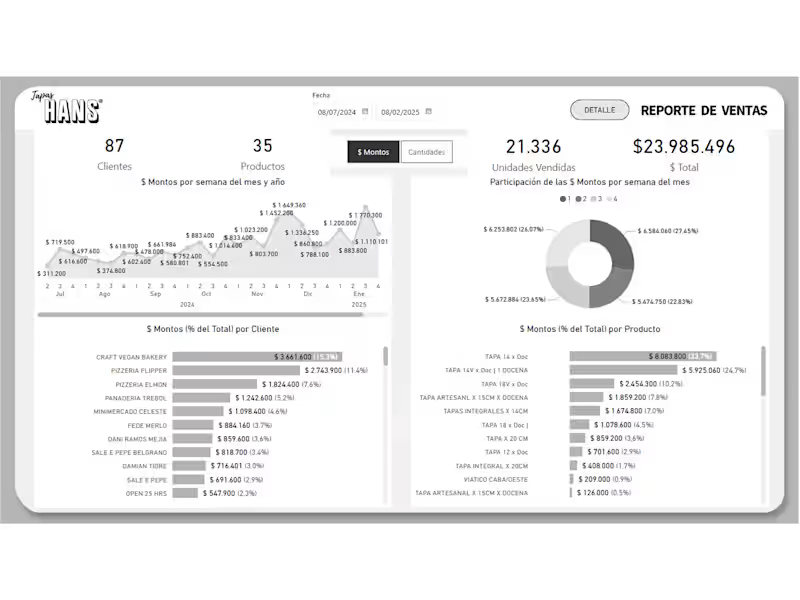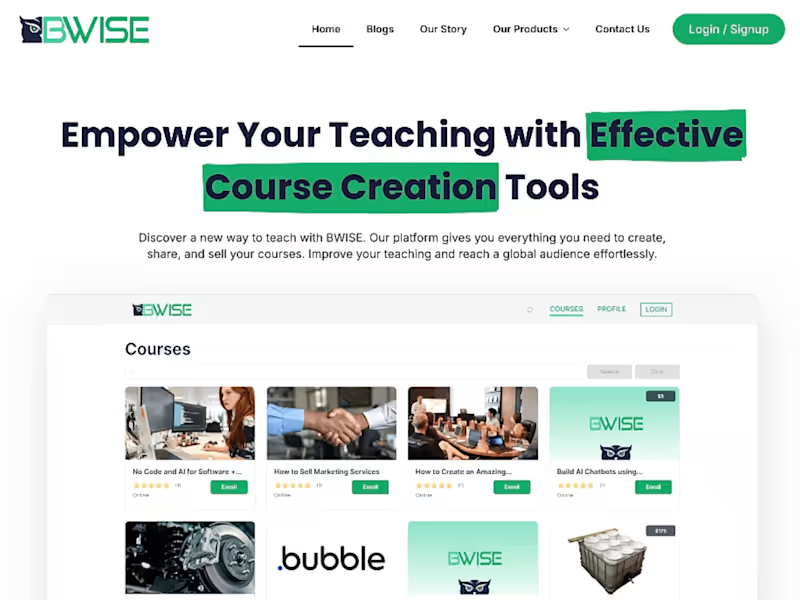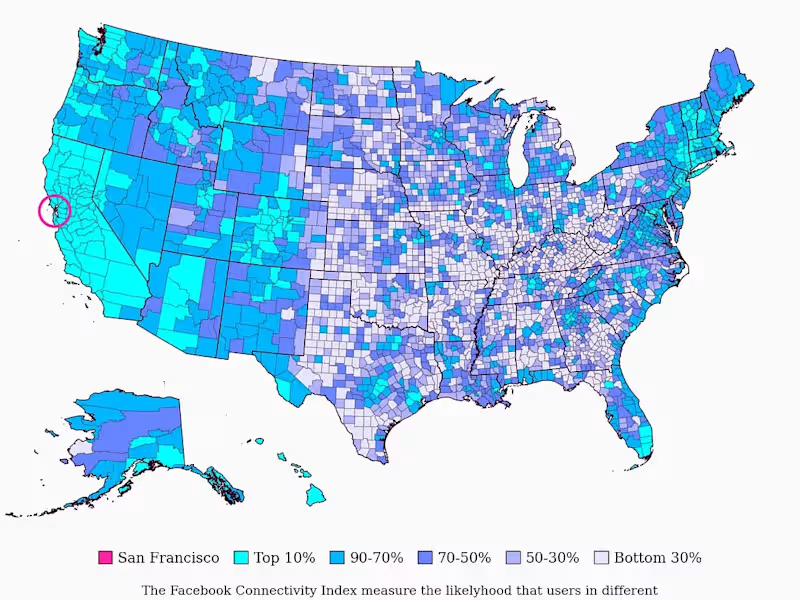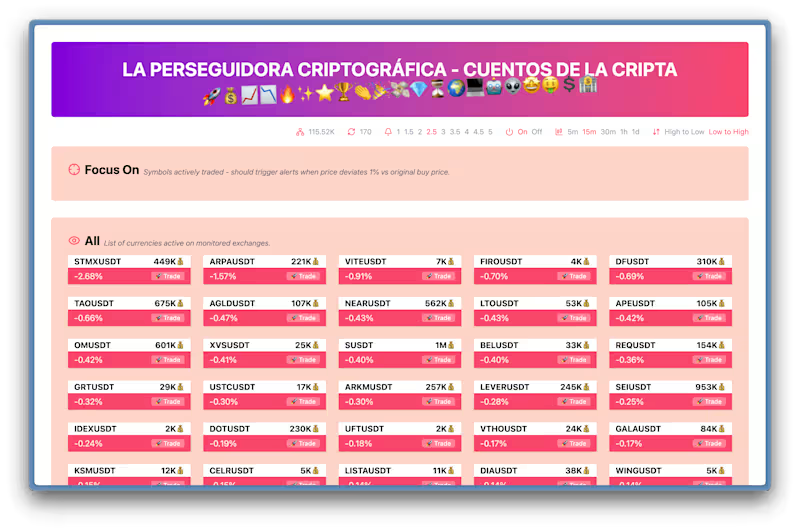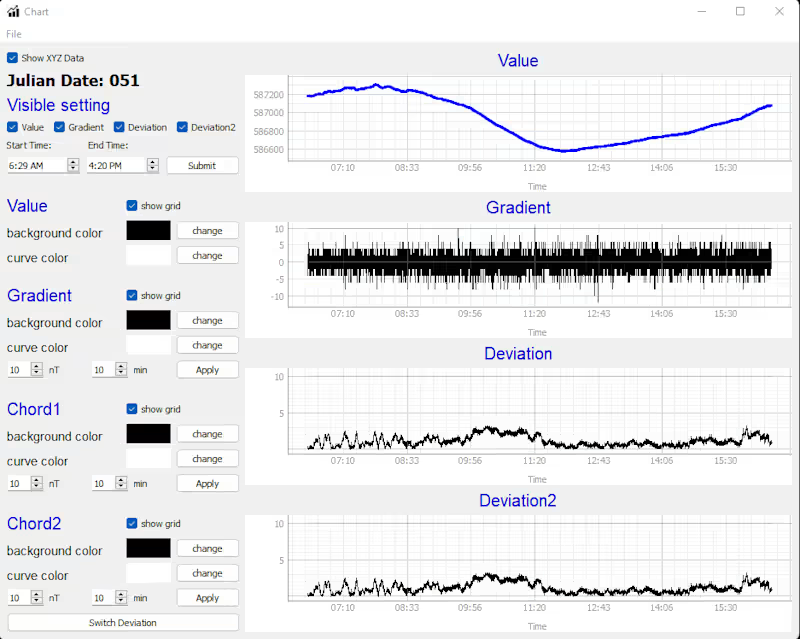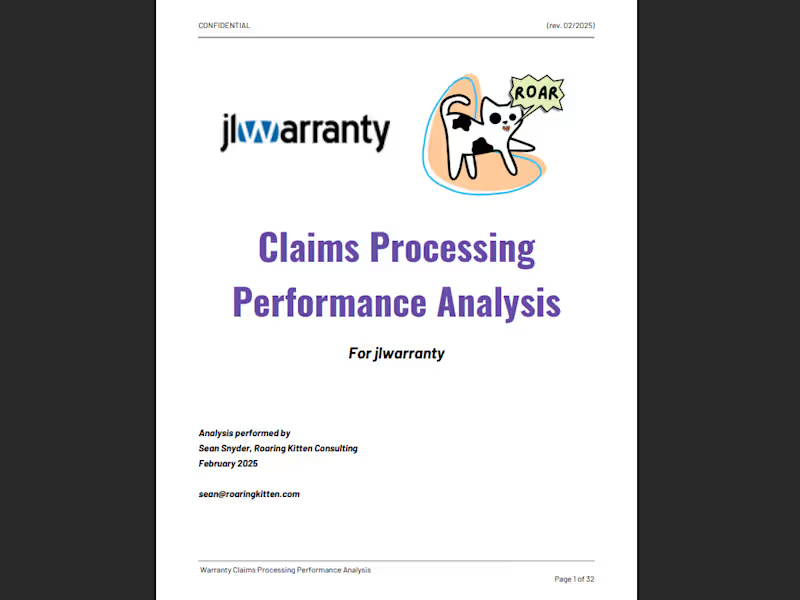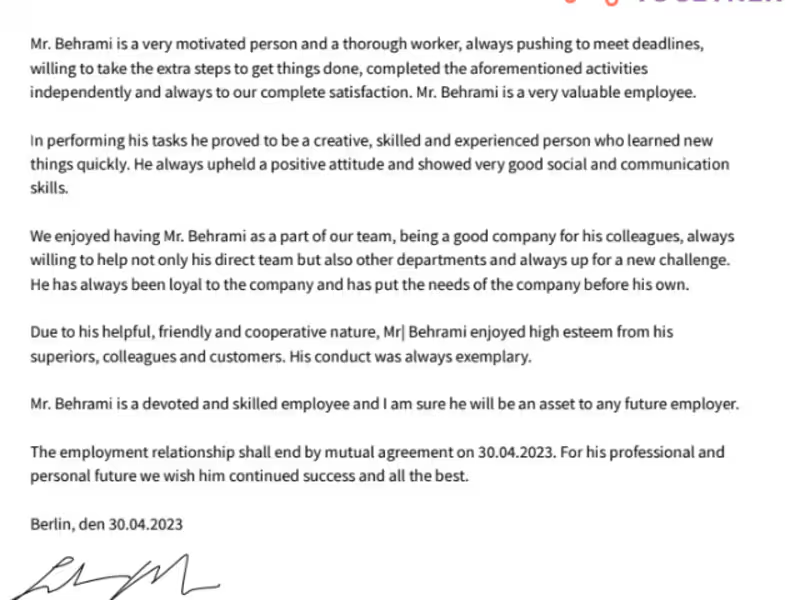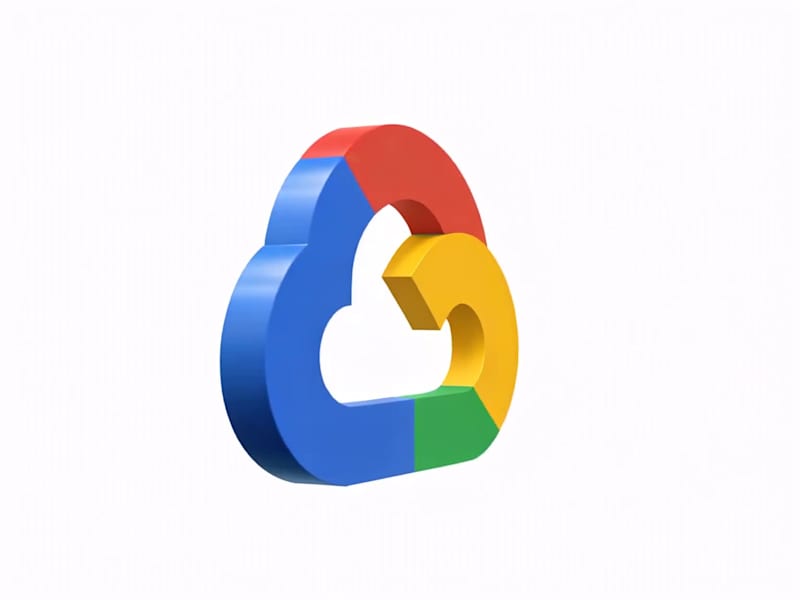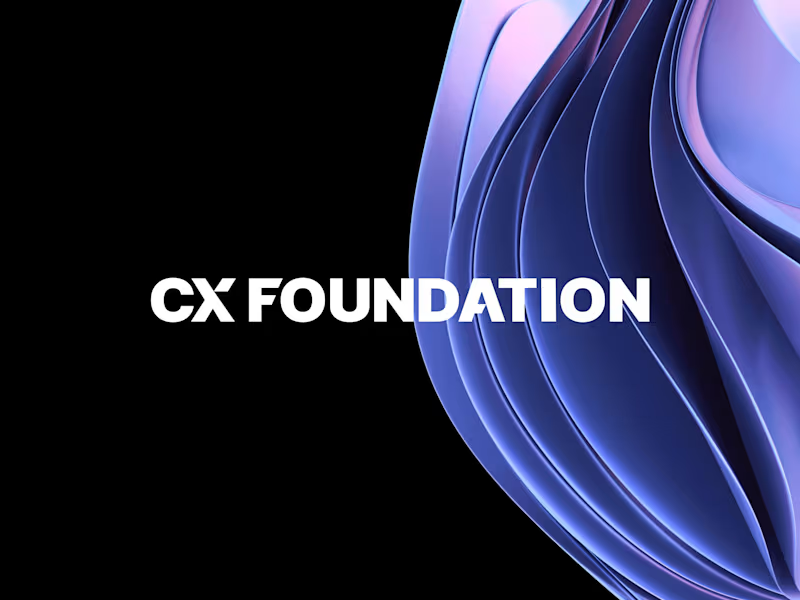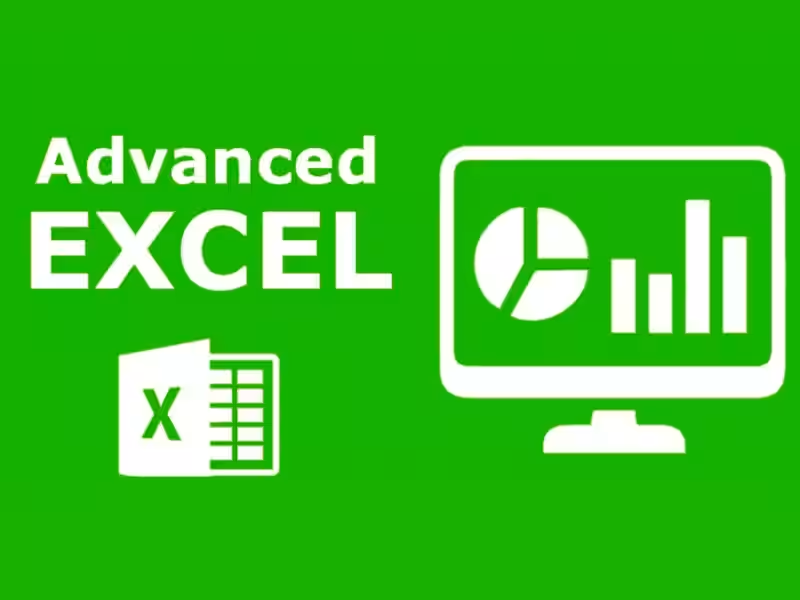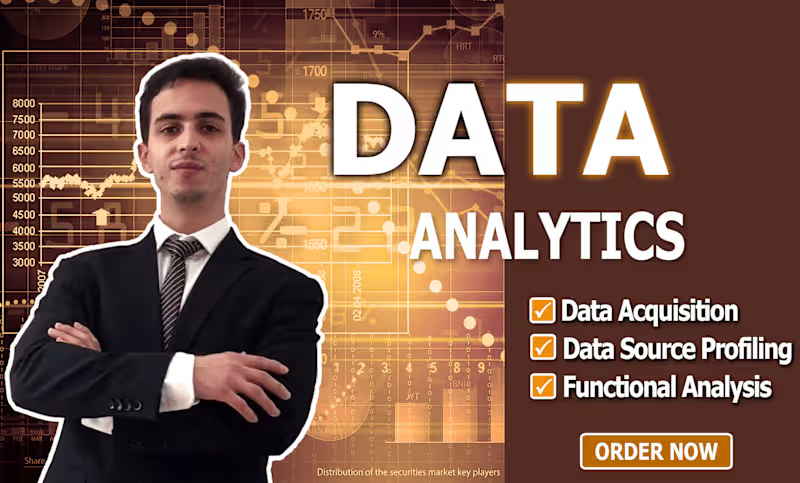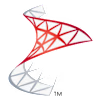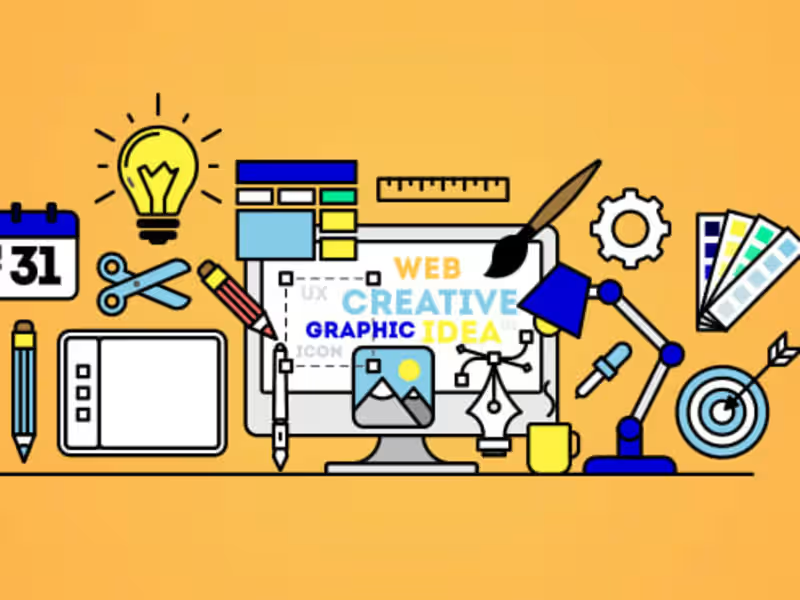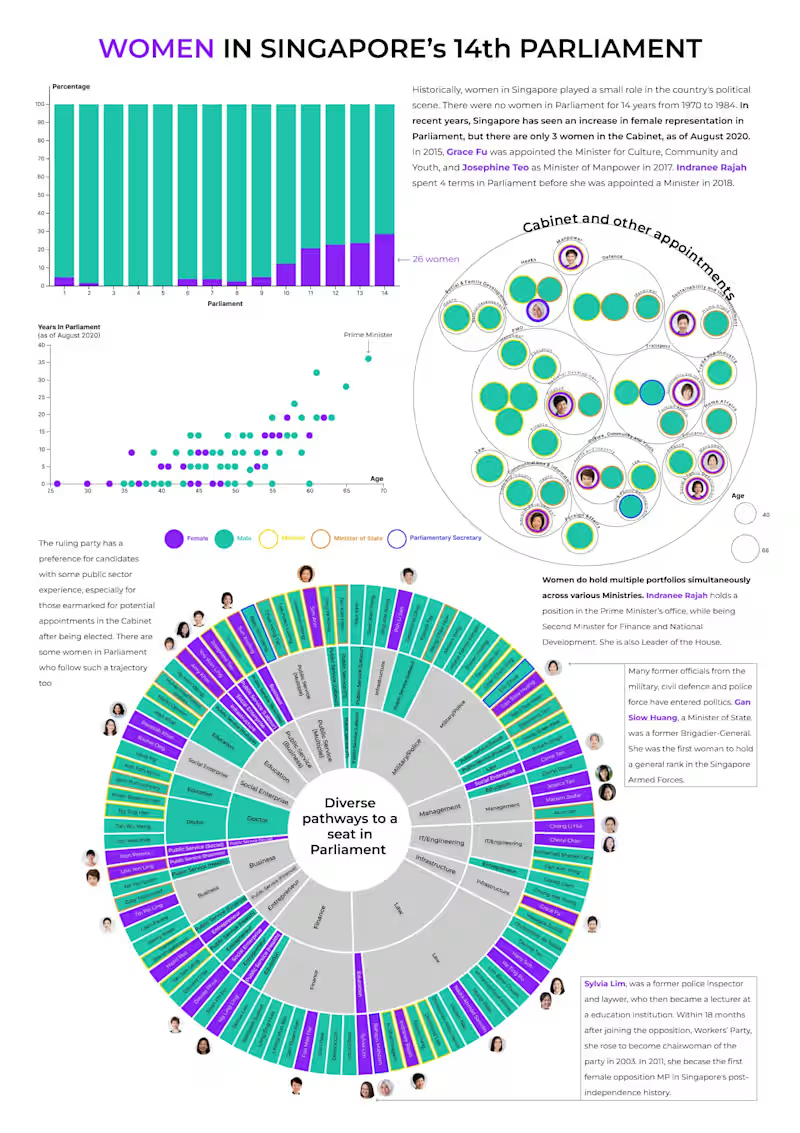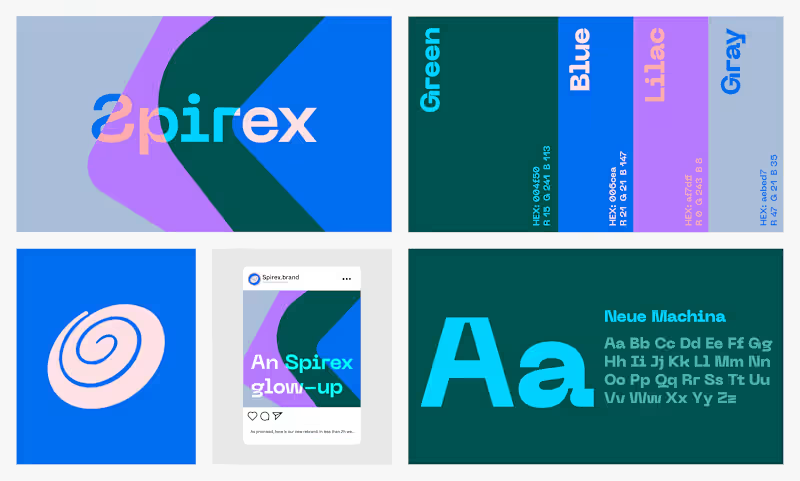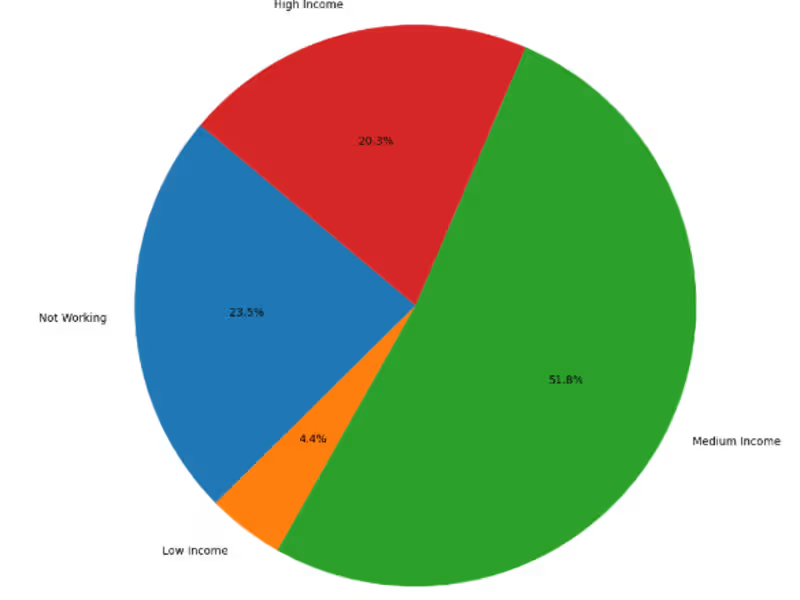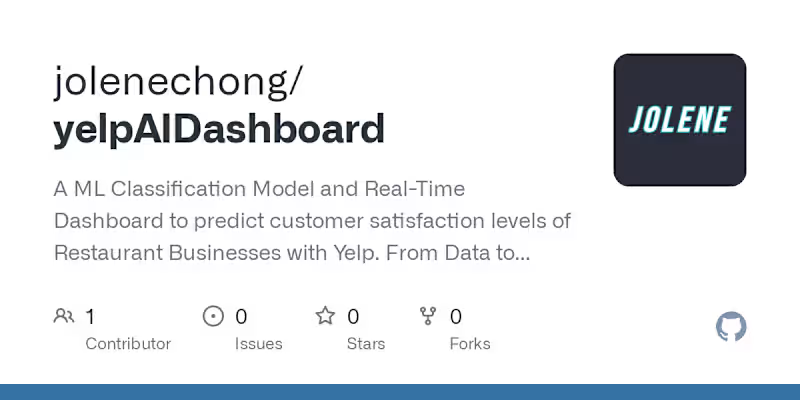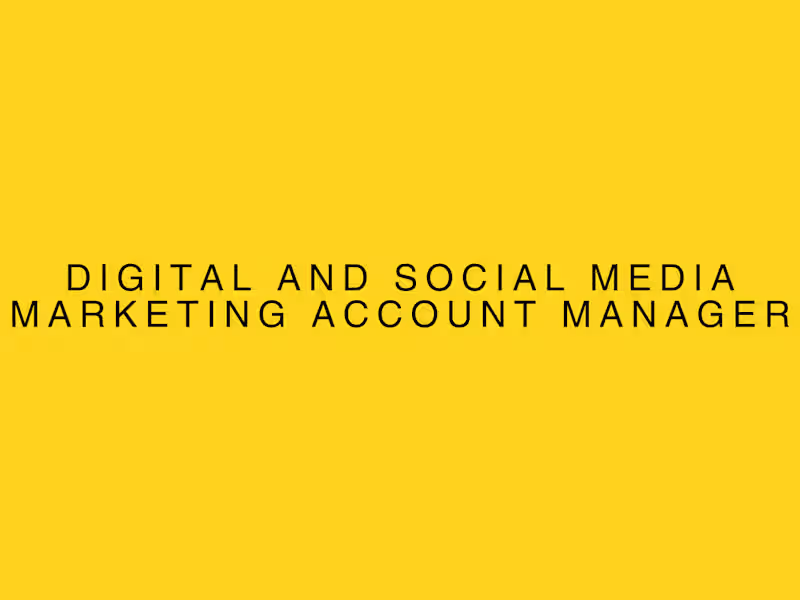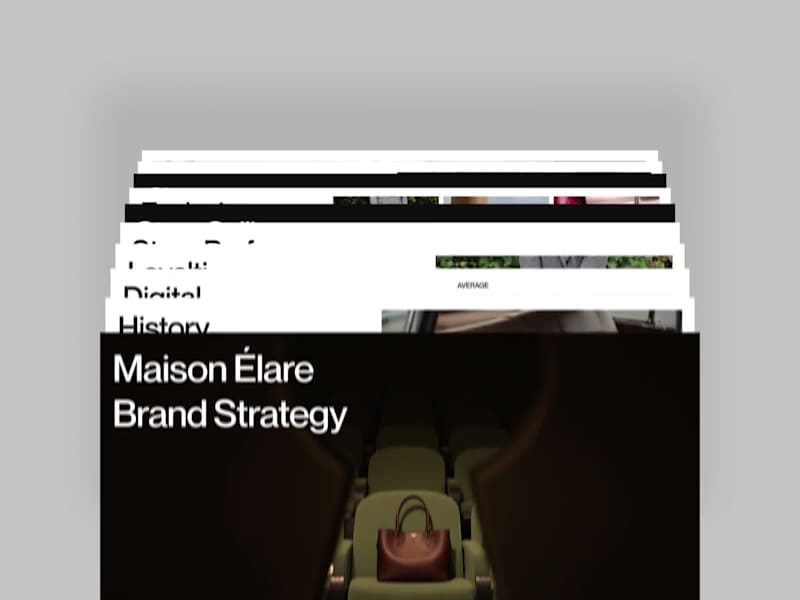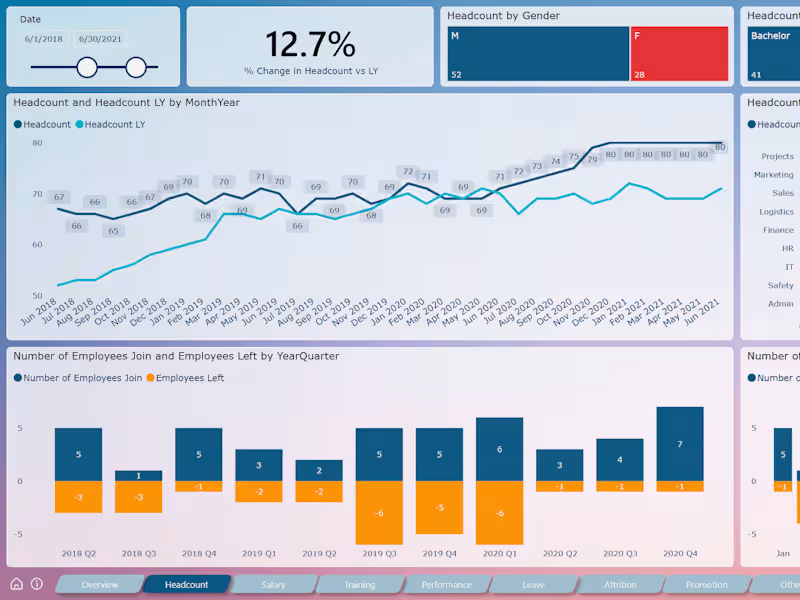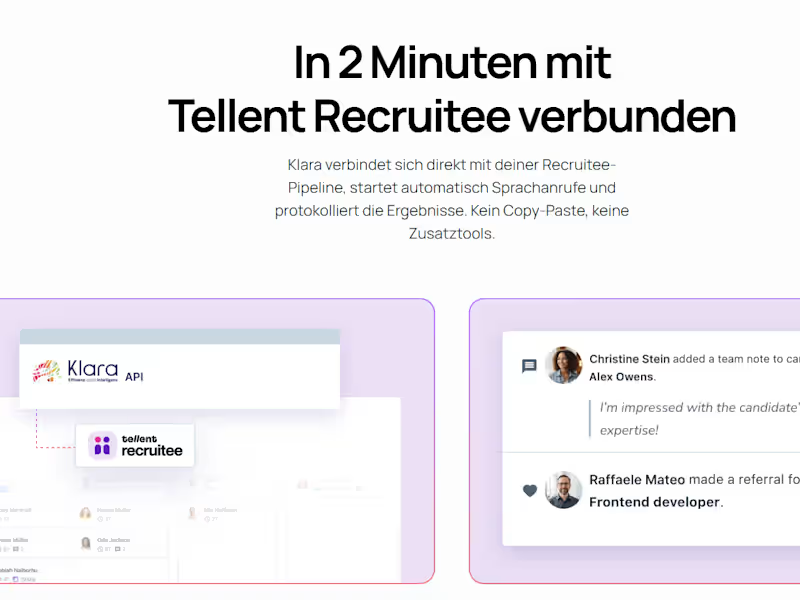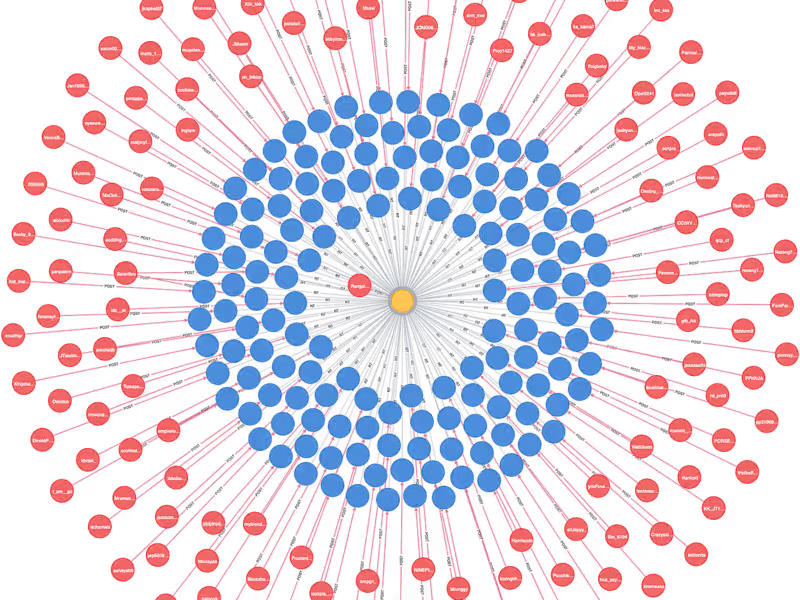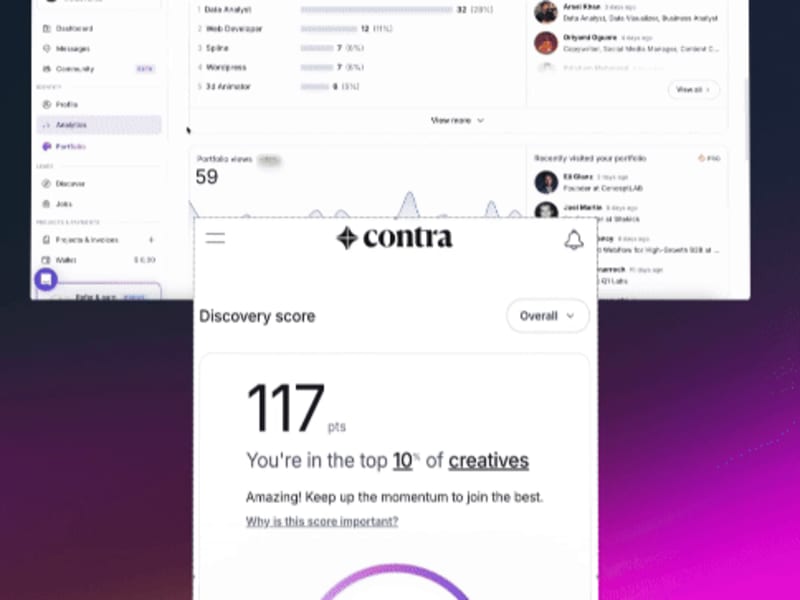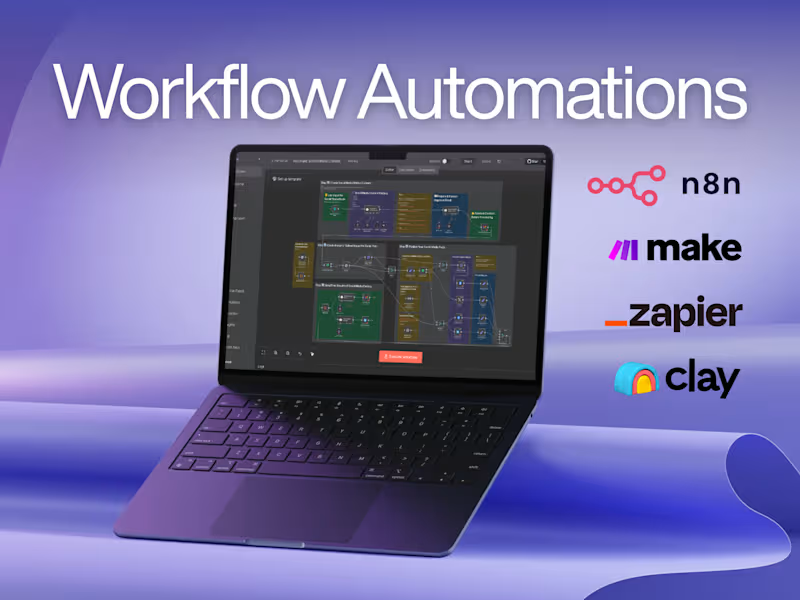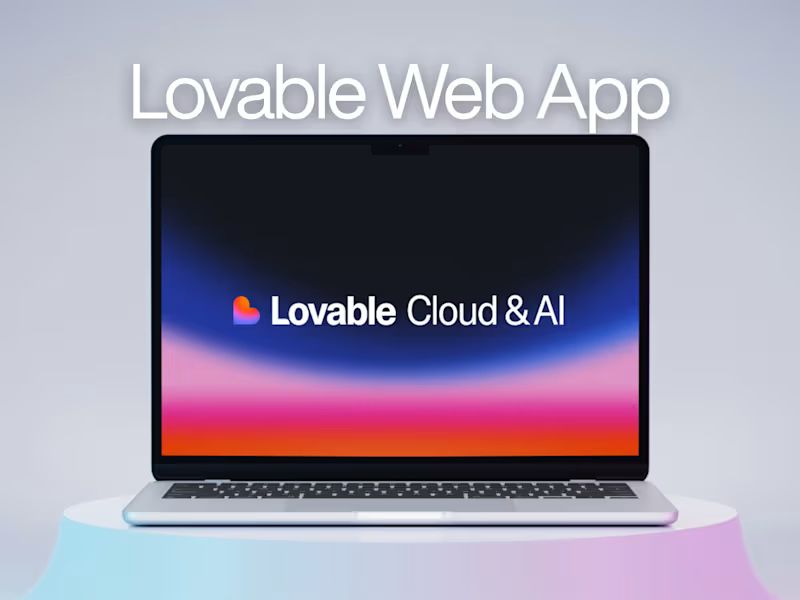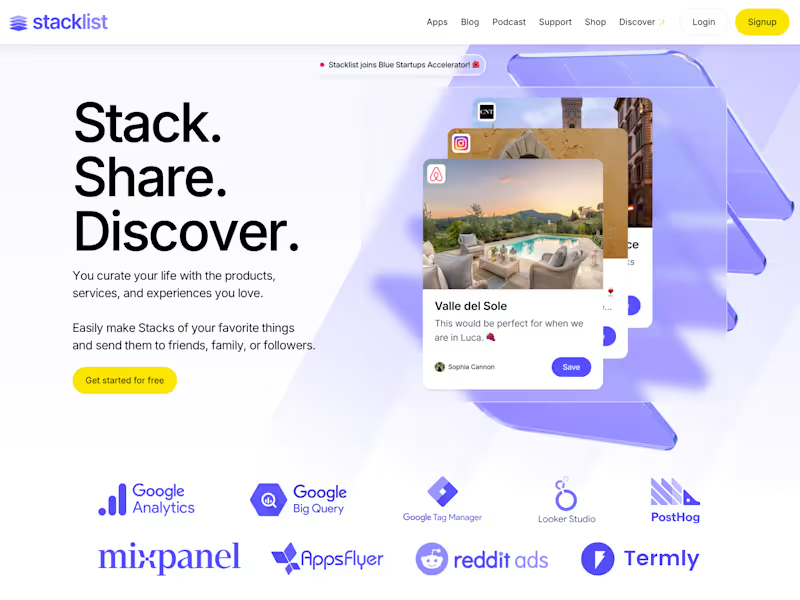What's the data analysis experience needed for your project?
Think about the kind of data work you need. Do you need someone who can make sense of big data, do predictive analysis, or visualize data patterns? Knowing the specifics helps you find a data analyst with the right experience.
What tools or software should the data analyst use?
Consider the tools used in your organization, like Excel, SQL, or visualization tools like Tableau. You might want an analyst familiar with similar tools. This ensures they can deliver work in the formats you expect.
How will you describe your project's goals?
Make sure you clearly define what success looks like for your project. What are the key questions you want the data to answer? This helps the analyst understand what you're looking for.
What is the timeline for the project's completion?
Decide when you need the project done by. Is it a quick task or a long-term project? Setting a timeline up front helps manage expectations.
How will you communicate during the project?
Think about how often you want to check in with the analyst. Will you use email, chat, or video calls? Good communication helps keep the project on track.
What data security measures are important for your project?
Consider any sensitive information in your data. Decide on any specific security protocols or data privacy standards the analyst should follow. Keeping data safe is crucial.
What deliverables do you expect from the data analyst?
Identify what specific outputs you need, like reports, dashboards, or raw insights. This ensures that both you and the analyst know exactly what's expected.
What is the scope of the analysis you require?
Determine if the project is about analyzing past trends or predicting future outcomes. A clear scope helps in aligning the data analyst’s efforts with your business needs.
How will you measure the project's success?
Set clear metrics or KPIs that will define the project’s success. This can be accuracy rates, time savings, or cost reductions and keeps everyone focused on the end goal.
How will you handle potential changes during the project?
Prepare for any adjustments needed during the analysis process. Decide if you’ll need flexibility in timelines or deliverables. Being ready for changes can make the project run more smoothly.
Who is Contra for?
Contra is designed for both freelancers (referred to as "independents") and clients. Freelancers can showcase their work, connect with clients, and manage projects commission-free. Clients can discover and hire top freelance talent for their projects.
What is the vision of Contra?
Contra aims to revolutionize the world of work by providing an all-in-one platform that empowers freelancers and clients to connect and collaborate seamlessly, eliminating traditional barriers and commission fees.








































